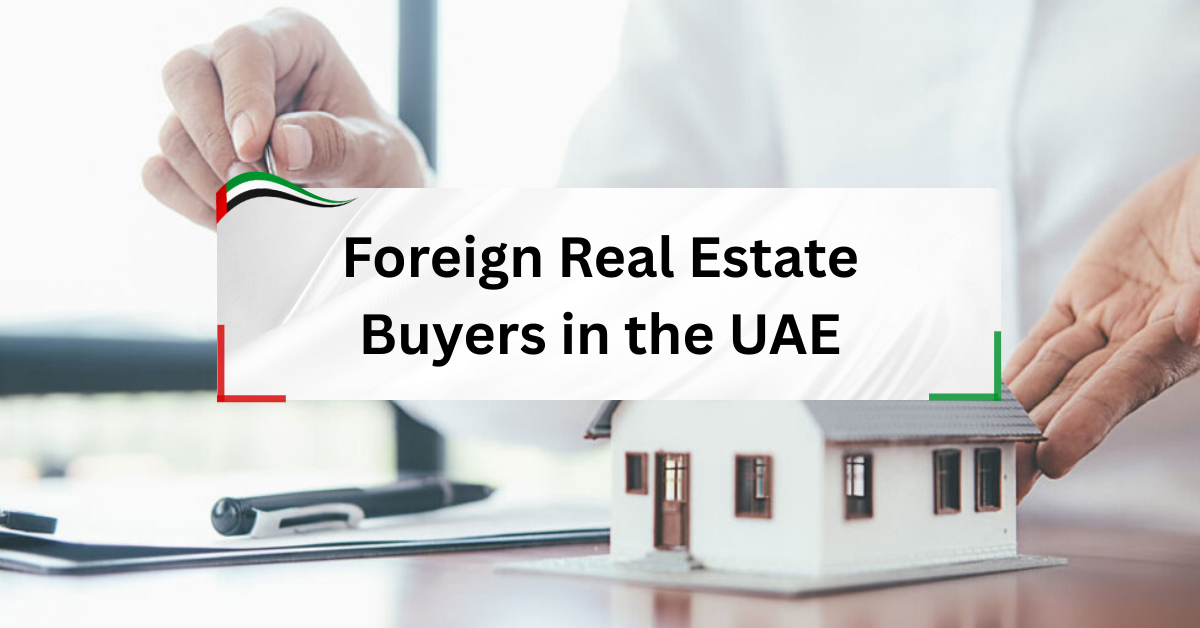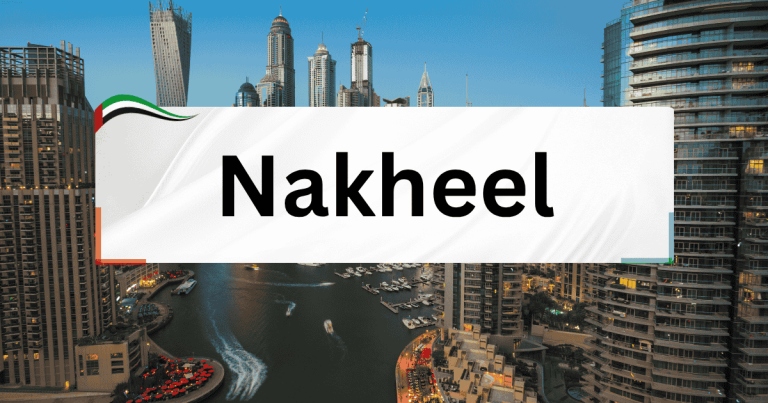Foreign Real Estate Buyers in the UAE
- Reasons Why the UAE is Attractive to Foreign Real Estate Buyers
- Development of the Real Estate Sector in the Last Twenty Years
- Legal Structure of Foreign Real Estate Buyers
- Popular Emirates for Foreign Real Estate Buyers
- Dubai as the Premier Global Real Estate Destination
- UAE Banks' Financing Role for Property Purchases
- Conclusion
- FAQs about Foreign Real Estate Buyers
From sand to skyscrapers, it has been transformed into one of the most dynamic real estate powerhouses in the world over the past few decades. With the development, the country has attracted many global investors, high-net-worth individuals, and expatriates looking for luxurious living and income potential. Whether it be the glittering sky-touching structures of Dubai, the cultural richness of the capital, or newly growing communities in Sharjah and Ajman, property options are really varied for non-nationals. Let’s discuss in detail, Foreign Real Estate Buyers.
Reasons Why the UAE is Attractive to Foreign Real Estate Buyers
Foreign Investors flock to the UAE for many reasons. First and foremost is the zero property taxes offered by the UAE. Many countries require owners to pay property taxes on an annual basis, thus limiting 100% of their rental yields and profits for their investment. Secondly, the UAE offers solid returns on investments when compared to other global cities. For example, Dubai rental yields typically average 6-8% rental yields, while New York and London average less than 5% rental yields.
The other contributing factor is stability. The UAE is a politically and economically stable country and part of a region with significant government support for foreign investment.
Development of the Real Estate Sector in the Last Twenty Years
The other facet of UAE real estate, however, is equally interesting. Just before the 2000s, Dubai made news about freehold for foreigners, granting rights to property in certain areas- and rightly so, for the then-embryonic property market was subject to a property boom all the same. Thanks to mega developments that included Palm Jumeirah and Downtown Dubai, the boom found itself transformed into turbo drive by advancing up the global charts of fame and consequently transforming the skyline of Dubai. Abu Dhabi did not waste any time: it copied-Dubai-foreign-ownership-initiatives in full force in 2005, granting foreign ownership slowly while opening its markets. This incited the other emirates to follow suit and impose a foreign ownership policy.
Legal Structure of Foreign Real Estate Buyers
For most foreigners considering investing in property in the UAE, the first question likely to cross their minds is: Will I even be able to own real estate here? The short answer is yes, but with some conditions. Unlike some countries where non-residents can only come for leases, the UAE has a clear law defining the way and where foreigners can own property.
Usage rights over property in the UAE can be classified within two legal categories: freehold and leasehold. Understanding what type of property rights you are purchasing is necessary before signing any contracts. Property purchases, within the UAE, are also subject to heavy state regulation by government authorities, for instance, RERA and DLD within the Emirate of Dubai, and the Department of Municipalities and Transport (DMT) within the Emirate of Abu Dhabi. In this regard, each jurisdiction provides significant regulation to ensure that its property market remains transparent to the market, and foreign investors experience few barriers to entry.
Popular Emirates for Foreign Real Estate Buyers
Not every emirate has the same options available for foreign buyers. While Dubai and Abu Dhabi may still reign supreme for their established real estate markets, the likes of Sharjah, Ajman, and Ras Al Khaimah are small emirates that are emerging as budget-friendly options. Every emirate has its own mix of lifestyle, price points, and investment options.
Dubai as the Premier Global Real Estate Destination
Dubai is the crown jewel in the UAE real estate market. It is home to some of the world’s most luxurious (and futuristic) developments. It has established itself as a global hub for property investors, cards on the table, anybody from high-net-worth investors to middle-income expats looking for a rental income.
The great appeal of Dubai is its diversity. It covers every layer, from ultra-luxury penthouses looking over the Burj Khalifa to affordable apartments in the suburbs. Rental demand in Dubai (and other emirates) is also strong, not just because of the expatriate population, but also from the huge tourist factor.
UAE Banks’ Financing Role for Property Purchases
Some of the best UAE banks, such as Emirates NBD, First Abu Dhabi Bank, and HSBC Middle East, are lending agencies that offer mortgage services and products for foreign purchasers. Each bank provides products with fixed-rate and variable-rate mortgage plans, with some (but not all) banks offering various options to suit different risk appetites.
Fixed-rate mortgages either fix a certain rate for a specified period of time (normally between 3-5 years) or offer variable-rate mortgages. It depends on fluctuations of the Emirates Interbank Offered Rate (EIBOR). This gives buyers a better option to ensure predictability in the initial phases of their investment, since being abroad can lead to surprises with regard to monthly payments.
Conclusion
The UAE has become one of the most attractive markets in the world for foreign real estate investors. The very tax-free environment, very high rental yield, stable economy, and lifestyle are just a few things the UAE can offer that other markets can’t match. Whether one would be interested in owning a second home, rental investments, or a long-term residency pathway, the UAE has property opportunities for any budget and lifestyle. The rules for
FAQs about Foreign Real Estate Buyers

1- International Property Investment in Dubai – A Complete Guide
2- Guaranteed ROI Investment Property in Dubai | Island Living









